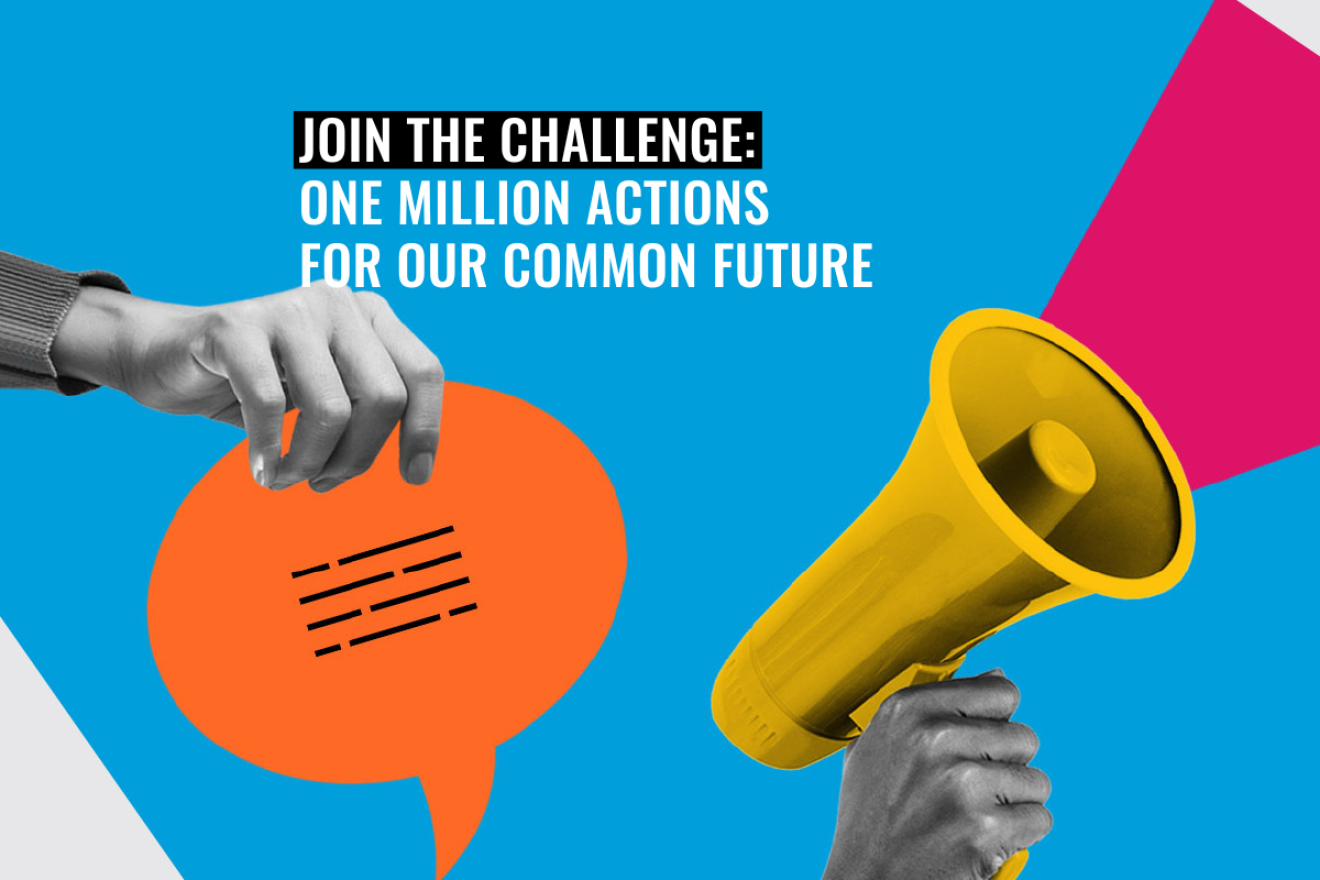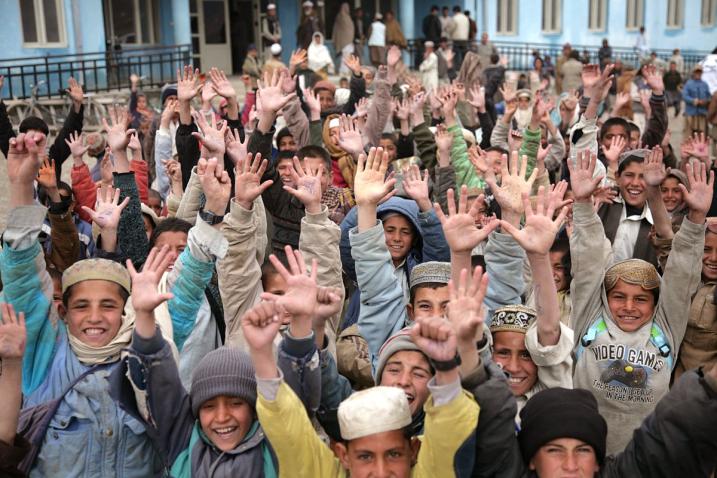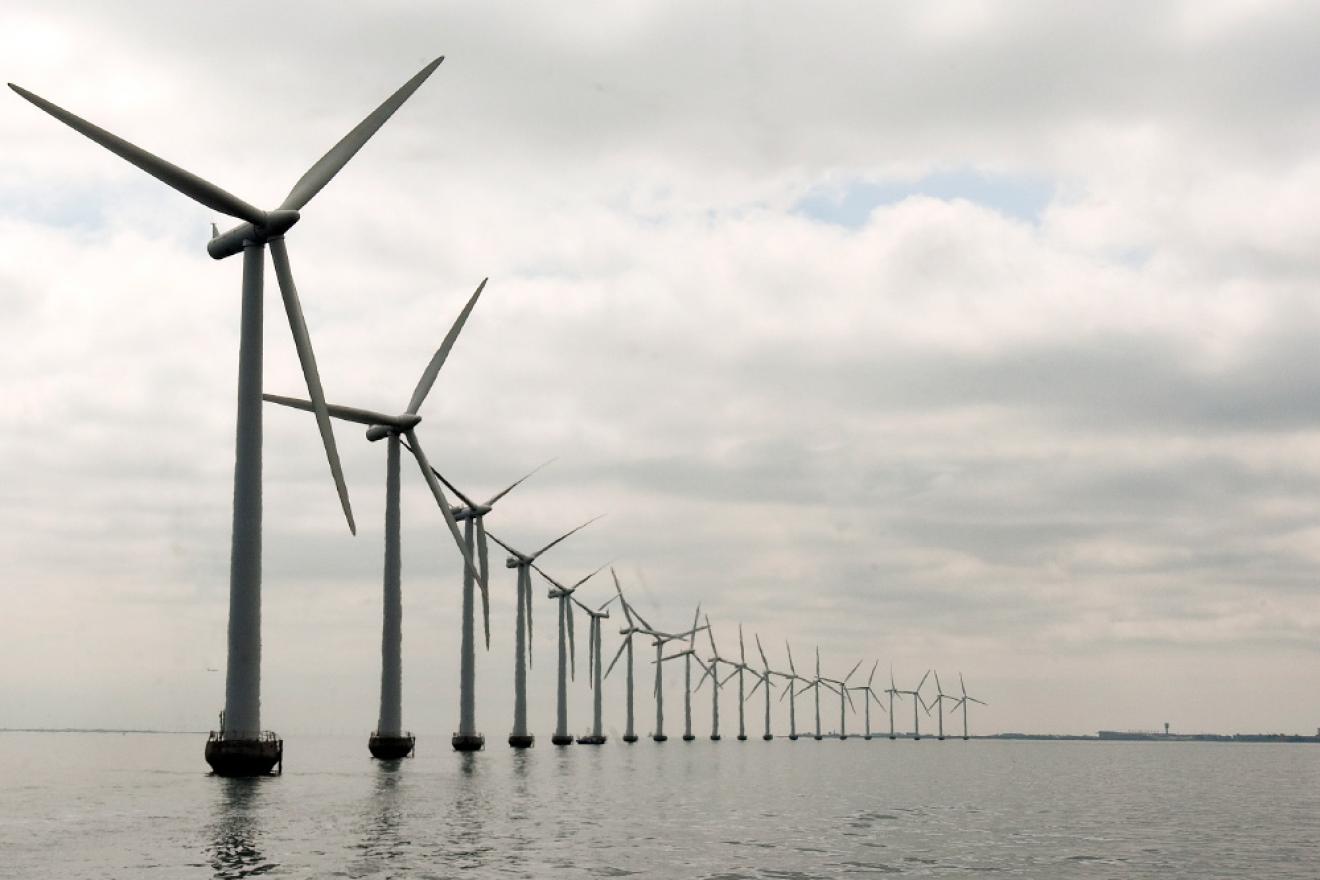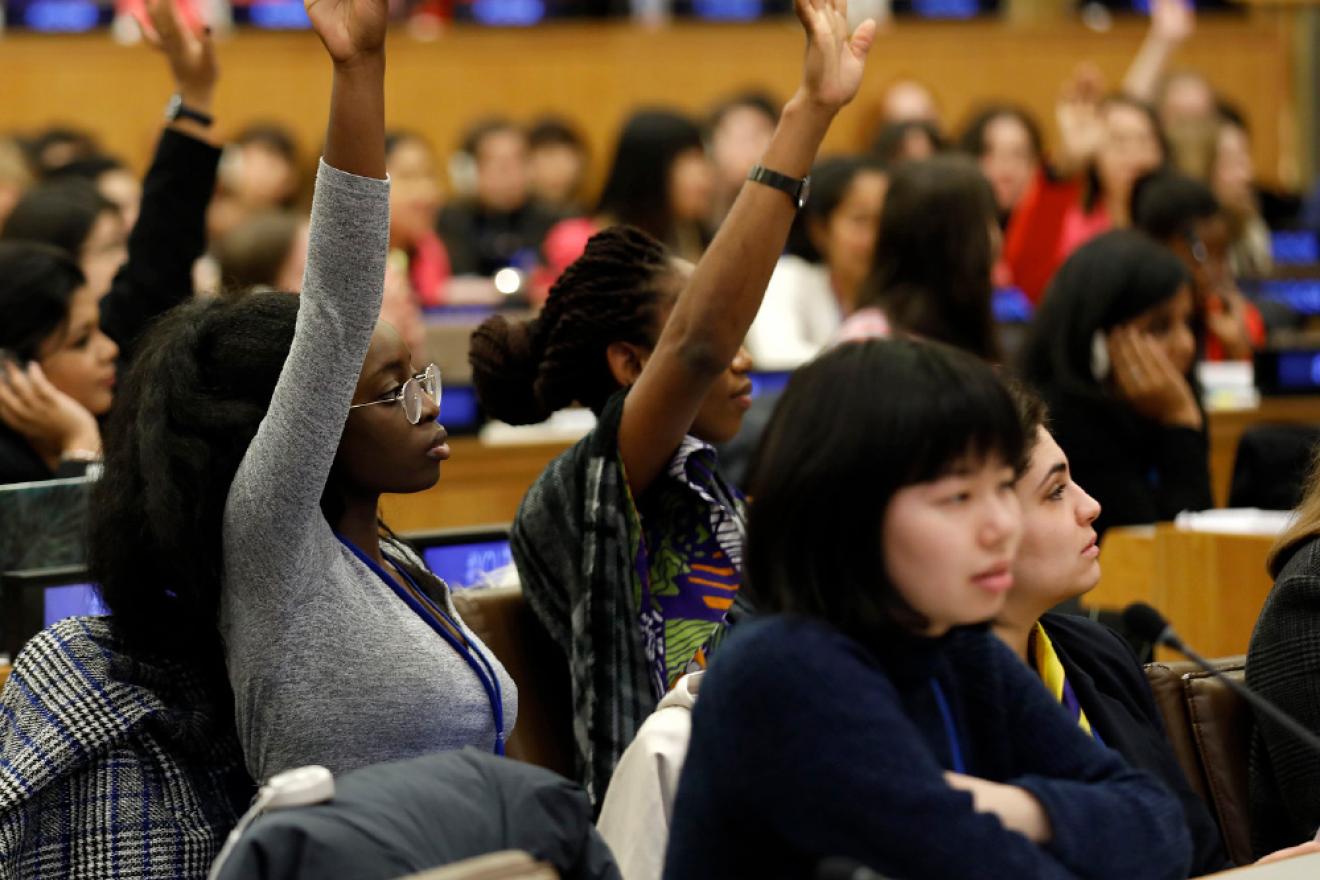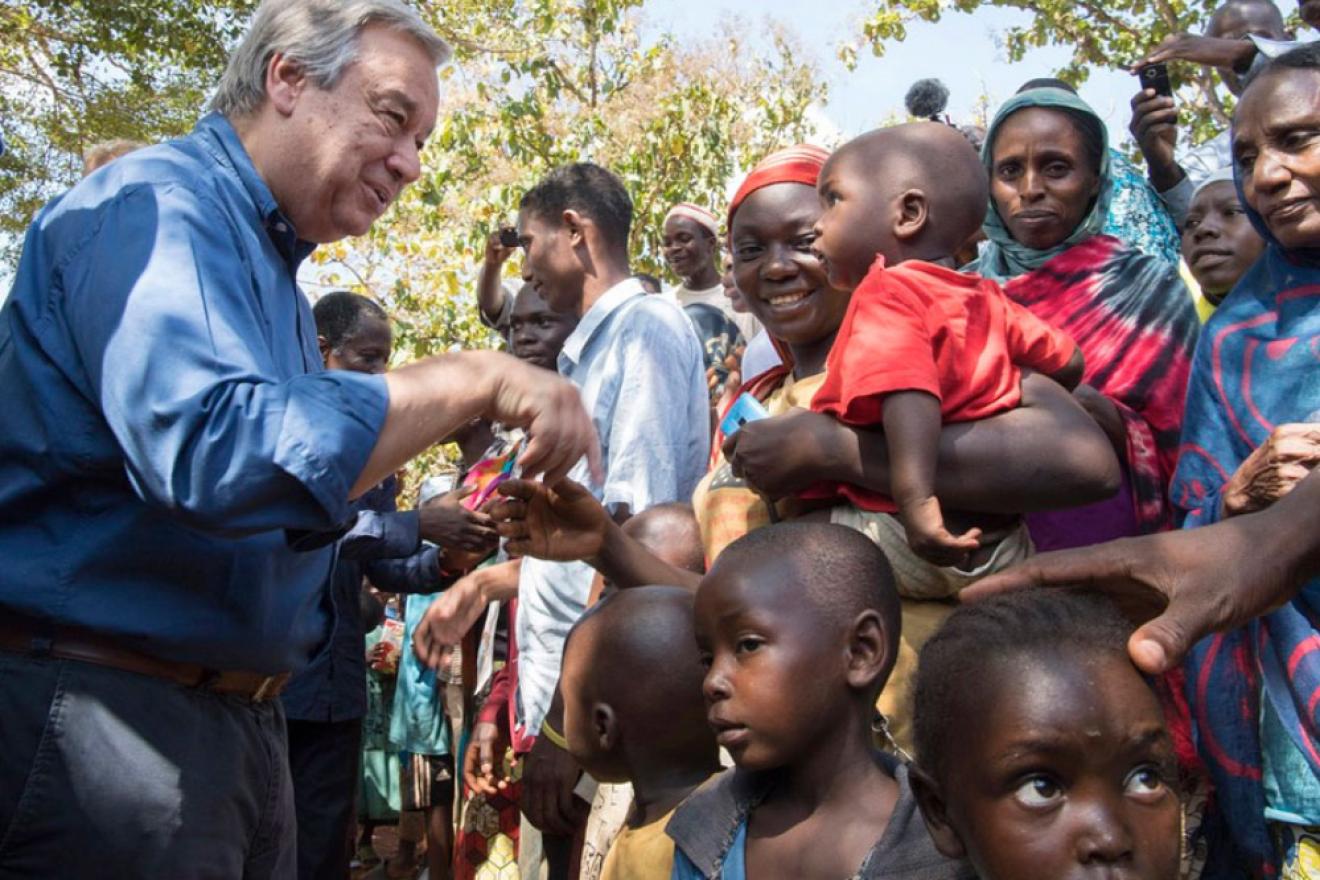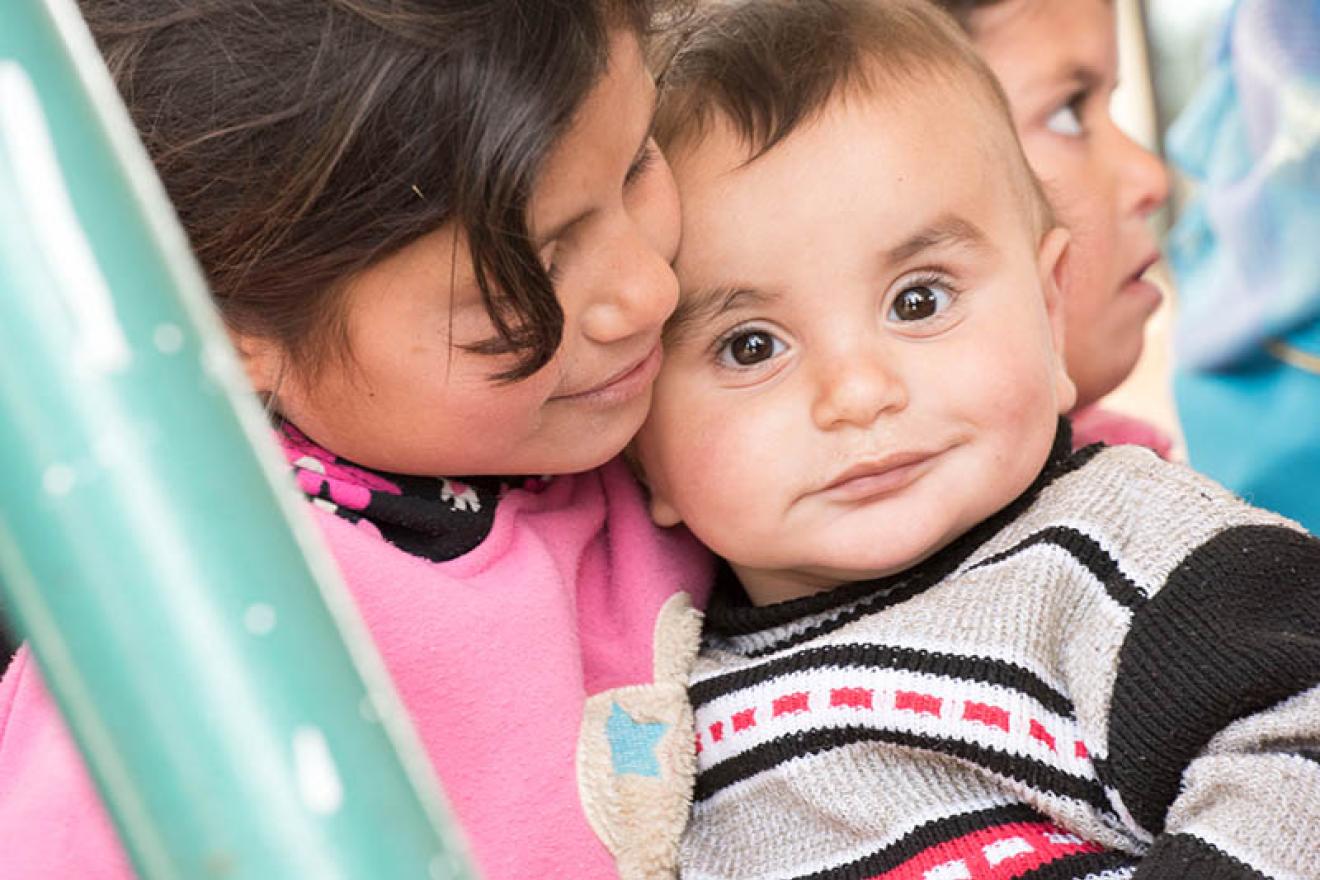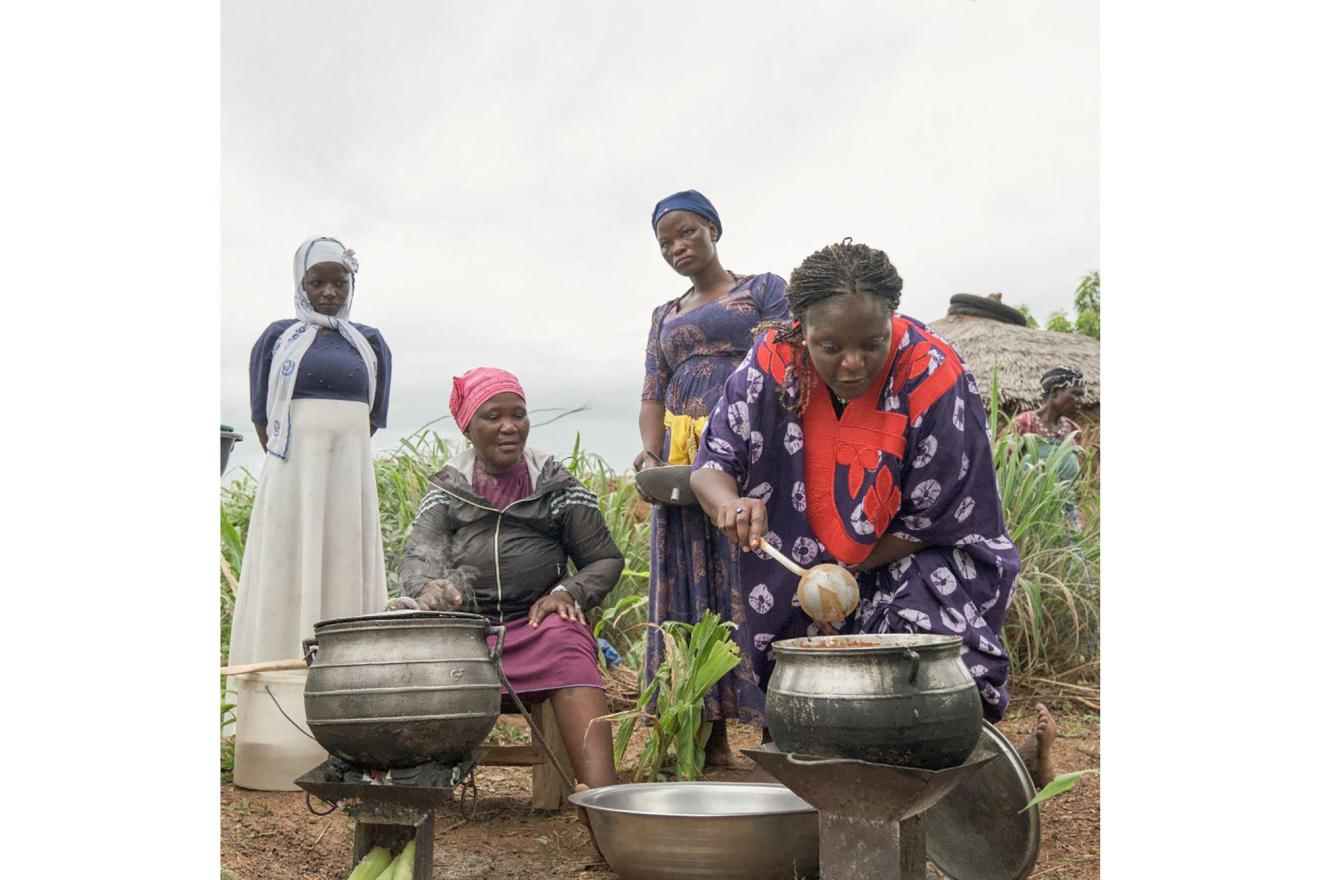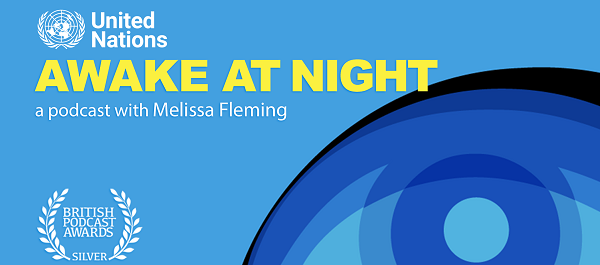ActNow is the UN campaign to inspire people to act for the Sustainable Development Goals (SDGs). In the lead up to the Summit of the Future, join the 1 Million Actions for our Common Future challenge to contribute to a more sustainable and peaceful world. Find new inspiring actions on the app and at un.org/actnow.
Solidarity with refugees
Each year on June 20th, the world honors the strength and courage of people who have been forced to flee their home country to escape conflict or persecution. With the number of forcibly displaced people at a record high and brutal aid funding cuts putting millions of lives at risk, it's crucial to raise our voices and show solidarity. This World Refugee Day, solidarity means not just words but actions —standing up for refugees' right to seek safety and finding solutions to their plight. Above all, it means clearly stating that refugees are not alone and we will not turn our backs.





